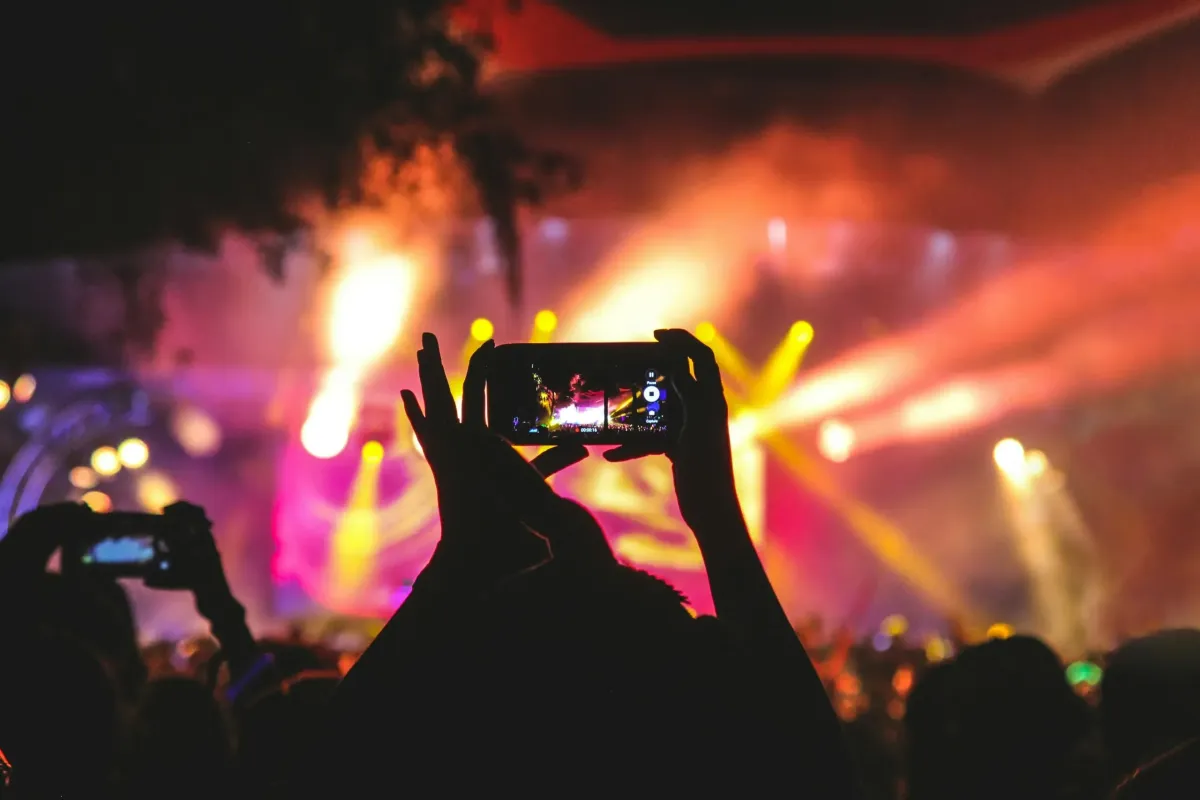
6 Indie Artist’s Social Media Best Practices
Digital Marketing for Indie Artists
Putting your marketing plan together to establish yourself as an indie artist by growing a loyal fanbase is paramount. However, in today’s age of technology, music promotion has shifted from traditional methods to online platforms such as social media. Social media offers an excellent opportunity for musicians to engage with fans, promote their brand, and generate revenue. Whether you are just starting or have been in the game for a while, building a social media presence is crucial. This blog post will explore practical tips on how social media can reach more fans to build your music career as an independent artist.
Ongoing Collaborations: Social media provides opportunities for collaborations and partnerships with other artists or brands. This can lead to exposure to new audiences and help strengthen your image as an artist. By collaborating with other artists, you can tap into their fanbase and potentially gain new followers. Additionally, partnering with brands can provide opportunities for sponsorships and endorsements, which can generate revenue for your music career.
Create High-Quality Content: Content is king, and social media is no exception. As a musician, your content should not be limited to your music alone. You can create engaging visuals, share backstage moments, promote upcoming tours, and even provide behind-the-scenes glimpses into your creative process. Your content should showcase your brand, your personality, and ultimately, your music. High-quality content attracts followers and keeps them engaged, increasing your chances of converting them into fans.
Consistency is Key: To maintain an active presence on social media, consistency is key. Your followers will expect regular updates, and if you fail to deliver, then your engagement rates will take a hit. However, this doesn’t mean you have to post every hour of every day. Pick a posting schedule that works for you and stick to it. You can use scheduling tools such as Buffer or Later to plan and schedule your content days in advance.
Engage with your Audience: Social media is a two-way street, and engaging with your audience is crucial. Respond to comments, direct messages, and even run polls or Q&A sessions to ask fans about the content they would like to see. Engaging with your audience fosters a deeper connection, portrays you as more personable, and encourages loyalty. Furthermore, engaging with influencers or other artists in your genre can also expand your reach by tapping into your audience.
Be Discovered: Social media helps music industry professionals discover your music. As an independent artist, it can be challenging to get your music heard by the right people. Social media provides a platform for you to showcase your talent and connect with industry professionals who can help grow your career.
Measure Your Success: Finally, it’s essential to track and measure your social media success. Social media analytics provide valuable insights into your content performance, your audience, and your growth. You can use these insights to refine your social media strategy and optimize your content for better results.
Social media can indeed boost your music career as an independent artist if leveraged correctly. By identifying your target audience, creating high-quality content, maintaining consistency, engaging with your audience, and measuring your success, you can grow your brand, engage with fans, and even possibly generate revenue. Building a content-rich social media presence will take time, effort, and patience, but it is undoubtedly worth it. So, go ahead, give these tips a try, and take your music career to new heights on social media.
Social Media News for Indie Artists
The news in February 2024, that TikTok removed music from UMG artists, including Olivia Rodrigo and Taylor Swift, as reported by NPR, could have significant implications for artist that have used TikTok as their main platform for finding fans and industry connections.
The use of social media as a promotional tool for independent artists is powerful. However, removing music from major artists on TikTok, a major social media platform for music promotion, highlights potential limitations and challenges within this landscape.
This development underscores the importance of independent artists to diversify their social media presence. While TikTok has proven to be a powerful platform for music promotion, this incident shows it may not always be reliable. As the blog suggests, artists should leverage multiple platforms like Twitter, Instagram, YouTube, and Facebook to generate movement in their careers, as mentioned in the source from Musicians Institute.
Moreover, the situation with TikTok might encourage independent artists to explore other promotional strategies outside of social media. For instance, the blog post from Indie Music Academy suggests starting small by promoting music to family and friends, collaborating with other artists to increase reach, and creating an extensive email list of relevant contacts.
While the unfolding situation with TikTok and UMG artists is a cause for concern, it also presents an opportunity for independent artists to reassess and strengthen their promotional strategies, emphasizing the need for diversification and adaptability.
The dynamic nature of the music industry today means that independent artists have to be both resilient and innovative. Your music career may have been impacted by recent changes, but this is an opportunity to pivot and take charge of your growth. Embrace grassroots methods such as performing at local venues or community events to increase visibility. Additionally, direct engagement with your fan base through personalized content, including behind-the-scenes footage or Q&A sessions, can create a stronger, more loyal following. Whatever the setback, each challenge is a stepping stone to refine your strategy and carve out a unique space in the ever-evolving musical tapestry.
What's next? Visit the Indie Artist Insider Learning Center
